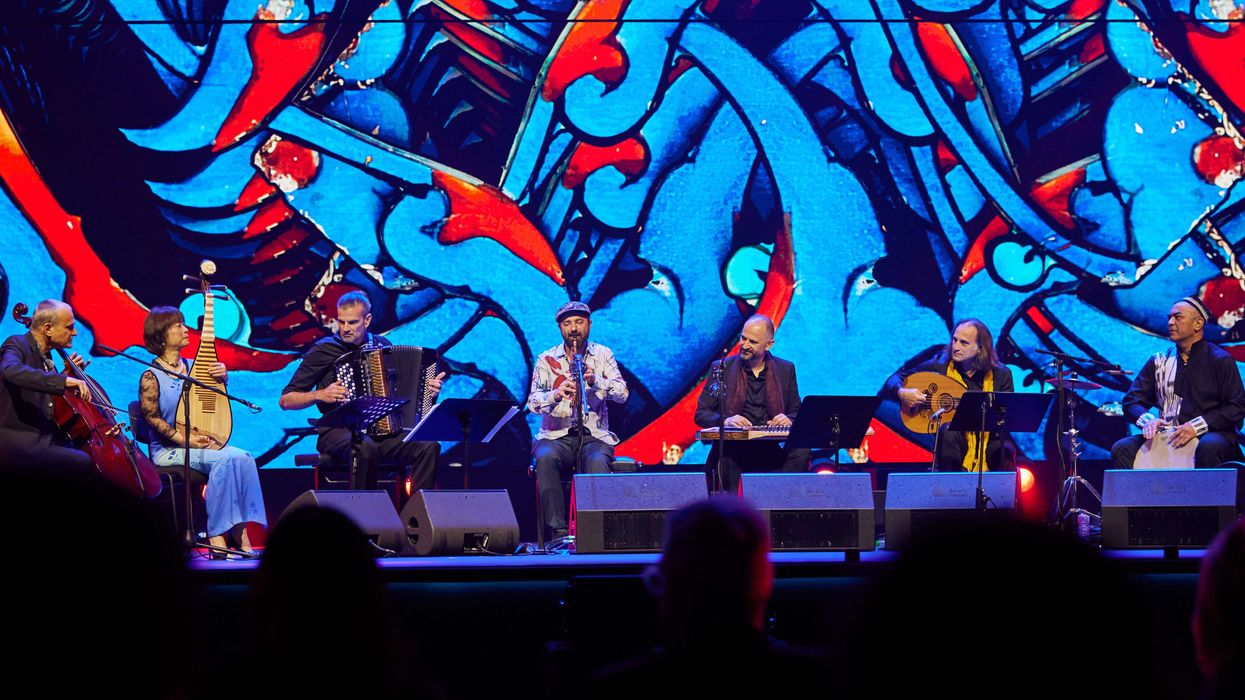Musician Adnan Sami recently spoke about a personal loss that was made even more painful by political red tape. In a televised interview, he shared that when his mother, Naureen Sami Khan, passed away in October 2024, he was not allowed to travel to Pakistan to attend her funeral. Despite getting a green signal from the Indian authorities, Pakistan refused him a visa.
Sami said the news of his mother’s sudden death came as a shock to the family. She had no health issues. He immediately contacted both governments with the hope of being there for her final rites. “The Indian government understood the situation,” he recalled. “They told me, ‘Of course, you should go.’” But Pakistan denied his request. His plea, he said, was simple and personal. He just wanted to see his mother one last time. That never happened.
Instead, he had to sit in another country and watch her funeral unfold over a WhatsApp video. “I couldn’t believe this is how I’d say goodbye to her,” Sami said, visibly emotional.
Adnan Sami was born in London in 1971. His father, Arshad Sami Khan, was a decorated officer in the Pakistan Air Force and also served as a diplomat. His mother was Indian by birth. Though he spent much of his early life in Pakistan and the UK, Sami moved to India and officially became an Indian citizen in 2016.
There has long been speculation about his reasons for giving up Pakistani citizenship. Responding to this, Sami said money was never the reason. He came from a privileged background and left behind property worth crores. What he sought was creative freedom and a space to grow. “An artist needs an audience that supports growth,” he said. “India gave me that.”
Despite having deep ties with Pakistan, his son lives there, Sami says he never felt he could fully be himself in that environment. His decision to live in India was not political, he insists, but personal. And yet, politics managed to interfere in the most private moment of his life, his mother’s farewell.
This episode, according to Sami, was not just a personal heartbreak. It showed how borders can sometimes block even basic human grief.





